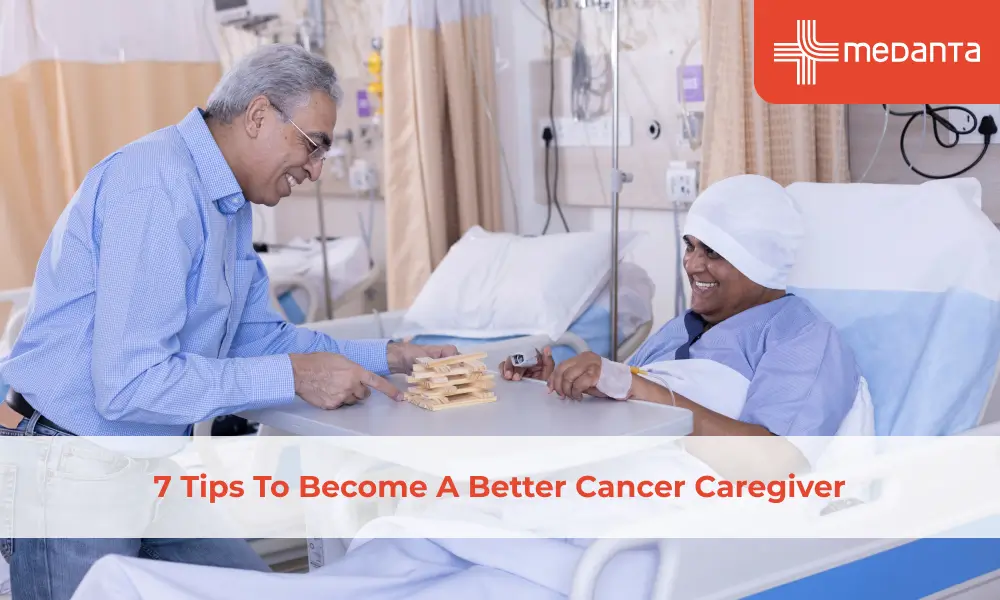7 Tips To Become A Better Cancer Caregiver

A cancer caregiver is someone who provides physical and emotional support to a person going through cancer; the role is usually taken on by a partner, spouse, parent, family member or close friend. While it can seem like an overwhelming responsibility, people do find personal satisfaction knowing that they are able to care for a loved one and provide help when it is needed the most.
Caring for Cancer Patients

Cancer caregiving often comes with many personal demands on your time and energy, without any warning. Here are some helpful tips to prepare for the different aspects of a challenging situation.
Prepare Yourself with Information
Knowledge about the medical condition can lead to more self-assurance and better management on your part. Some of the things you should know in detail are the stage of cancer, the treatments that will be provided, and tests to be given. As a caregiver, you have to make decisions about treatments and tests and/or when to administer them, so it is important to know and understand these various aspects. You will also have to know about the possible side effects that will come from these treatments so that you are equipped to help your loved one cope.
Always Opt For a Second Opinion
When it comes to any serious medical problem, it is advisable to opt for a second opinion. If you have any doubts or you are not satisfied with your current doctor’s diagnosis and treatment plan, you should take your time to consider your choices. It is important to find an institution and medical team that is responsive to the needs of your particular case.
Make Notes and Keep a Journal
When dealing with your loved one’s cancer treatment, you will find that there is a lot of information that you have to process every day. Cope with the deluge of medical details and processes by writing down any information relevant for you as a caregiver.
This is important as you may not be able to remember all the information and it can get overwhelming after a point of time. It’s also important to record how the patient feels and emphasize any new developments in their symptoms to the medical team. Being a caregiver requires alertness and involves asking a lot of questions.Sharing with Others
This is an important part of coping with cancer, both as a patient and as a caregiver. A good support structure of family and friends and a support group will help you through the low phases. Both these circles have their role to play. Family and friends can help out with everyday problems, while a counsellor, psychologist or a support group can provide advice and guidance about how to deal with the more challenging aspects of the situation.
Caring for Yourself
As a caregiver, you will be on your toes for the most part of the day. But it is important to maintain a balance between keeping time for yourself and looking after your loved one. You might feel guilty about needing your space, but remember that it helps you go back to your loved one with renewed energy and focus. A timeout could include relaxation via a walk, a nap, a hobby, meditation or moderate exercises like yoga.
Keeping in touch with friends is important for your emotional well-being. Arrange some simple get-togethers and maintain a social circle of good friends. Try to maintain a daily routine as much as possible as that helps you cope with stress. Also, consider asking for help by delegating uncomplicated tasks to others.Patience with Emotional Outbursts
Your loved one will be suffering through physical pain and emotional lows which can often lead to outbursts or changes in behavioural patterns. As a caregiver, this will be a part of dealing with the process of cancer and its impact on your life. You will find that patience is necessary to deal with the emotional impact of cancer on your loved one.
Dealing with Long-Term Side Effects
A realization that comes with caregiving is even though treatments and tests may not be ongoing, their side effects often continue after the procedures are done. You will have to keep in mind that your loved one will need help in managing the impact on their health over time.
We hope that these tips will help you on your personal journey with cancer.






